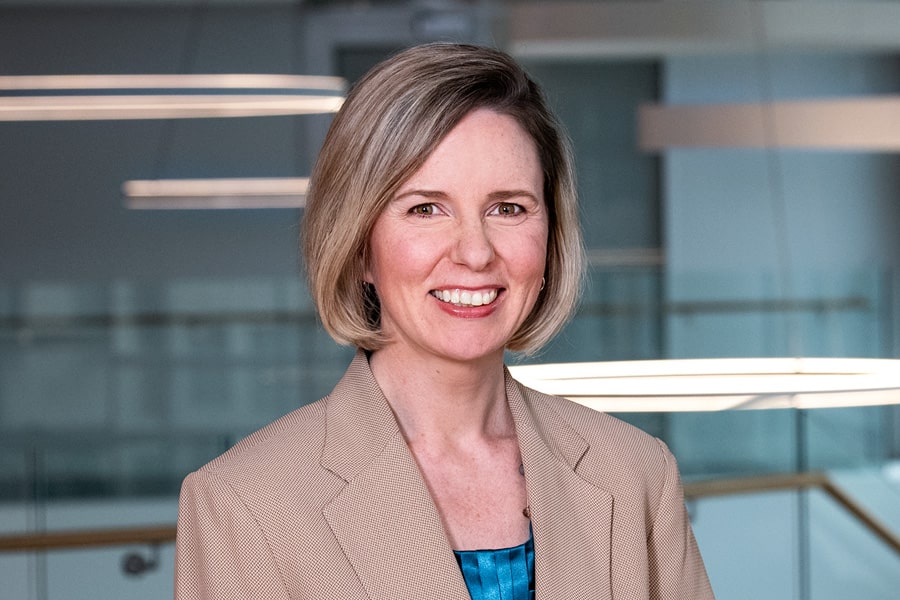
Tepper School Presents Framework of How Teams Work Well Together
Picture a group of students tackling a complex project: some are brainstorming, others are researching, and some are planning the presentation. Each student plays a unique role, yet they all work together. This everyday scene in classrooms inspired the research by the Tepper School of Business at Carnegie Mellon University described in a new paper titled "Understanding Collective Intelligence: Investigating the Role of Collective Memory, Attention, and Reasoning Processes," published in Perspectives in Psychological Science. This article is part of a special issue on the Psychology of Collectives.
The paper introduces the Transactive Systems Model of Collective Intelligence (TSM-CI). It's a new way of looking at how groups, be it students or professionals, manage their knowledge, focus, and decision-making processes, ensuring that everyone's strengths are used effectively. Just like a medical doctor evaluates whether a body is healthy based on how the body's various systems are functioning, they use the TSM-CI framework to articulate the systems that can determine whether a team is healthy.
 "Our framework really gets to the heart of what makes a team work well together,” said Anita Williams Woolley (left), Associate Dean of Research and Professor of Organizational Behavior at the Tepper School, who led the research the framework is based upon. “It's not just about having a group of people; it's about how they use what they know, stay focused, and make decisions as a team." Woolley highlighted that this can help us build better teams and tools, especially now when people work more with technology and in different settings. “It's all about understanding that the key to a great team is how everyone works together, not just who is in the team."
"Our framework really gets to the heart of what makes a team work well together,” said Anita Williams Woolley (left), Associate Dean of Research and Professor of Organizational Behavior at the Tepper School, who led the research the framework is based upon. “It's not just about having a group of people; it's about how they use what they know, stay focused, and make decisions as a team." Woolley highlighted that this can help us build better teams and tools, especially now when people work more with technology and in different settings. “It's all about understanding that the key to a great team is how everyone works together, not just who is in the team."
The TSM-CI framework revolves around the idea that successful teamwork relies on collective intelligence. Intelligence within any system is based on three interrelated functions — memory, attention, and reasoning. Effective teams cultivate a Transactive Memory System (TMS) enabling them to identify which team members possess different pieces of information or expertise. This facilitates efficient sharing and retrieval of information, ensuring the right knowledge is accessed at the right time. Subsequently, the Transactive Attention System (TAS) ensures that the team's collective focus is appropriately coordinated and distributed, akin to a conductor guiding an orchestra to ensure each musician plays their part at the right moment. Lastly, the Transactive Reasoning System (TRS) aligns the team on common goals and priorities, guiding decisions, mirroring how a sports team strategizes together to win a game.
“With an increasing amount of collaboration occurring in digital environments, we can develop indicators of healthy team functioning that computers understand,” said Pranav Gupta, Assistant Professor of Business Administration at the University of Illinois Urbana-Champaign’s Gies College of Business and a co-author on the research. “This opens up new possibilities to integrate AI 'teammates' into our human teams, and can really change the way we work together.”
This research holds implications for enhancing teamwork across various domains, from classrooms to corporate boardrooms. Future endeavors will explore how technology can bolster these collective cognitive systems and develop tools to further enhance collaboration.
